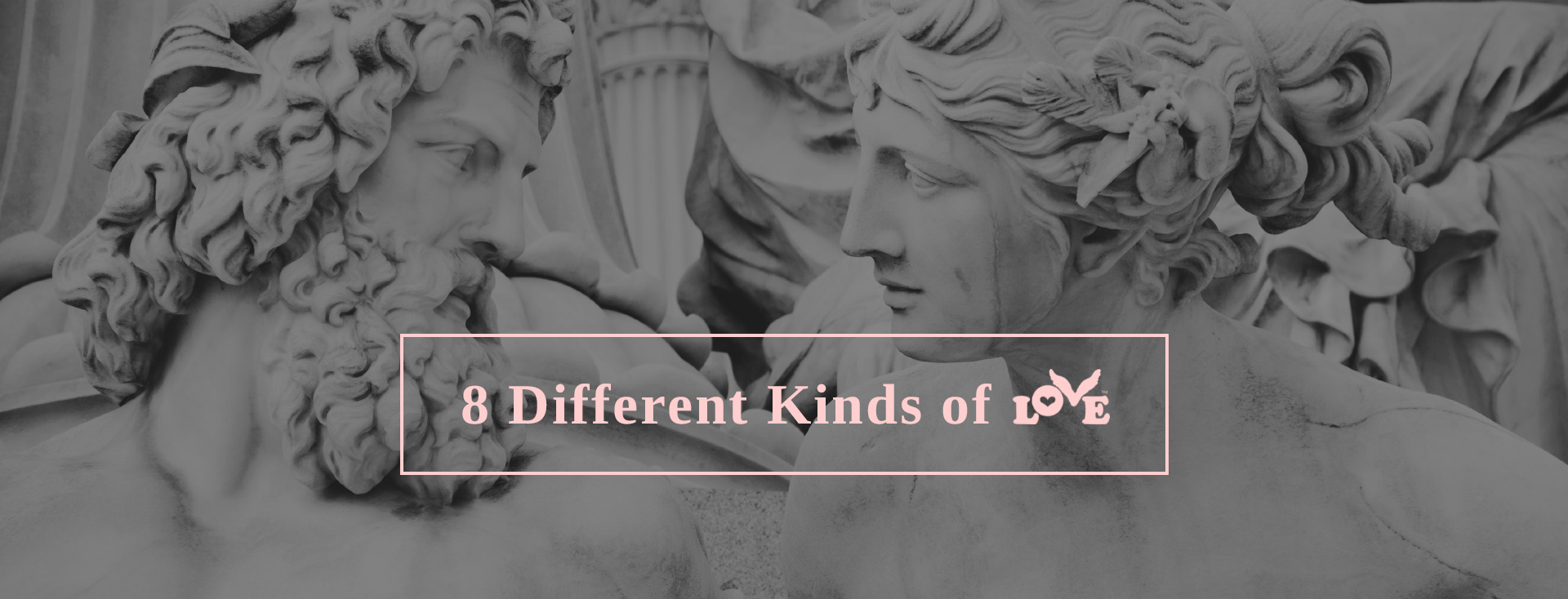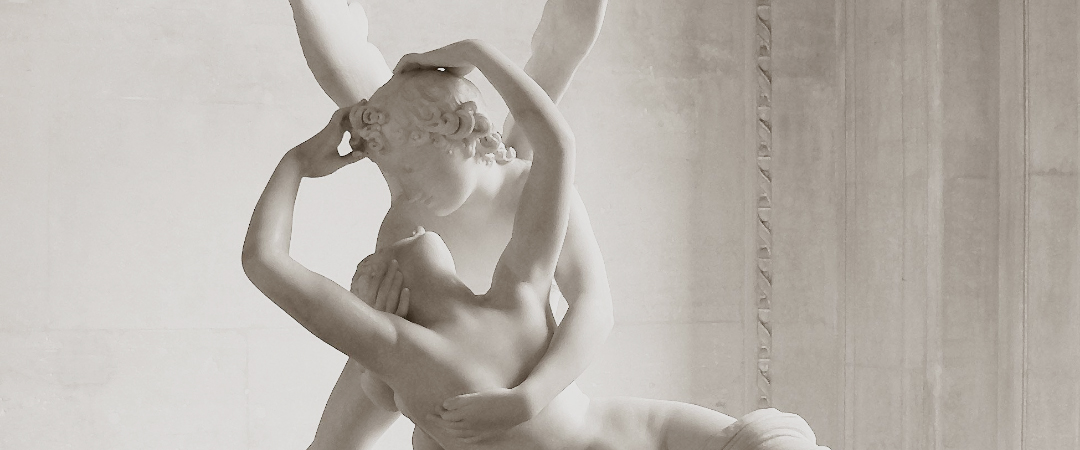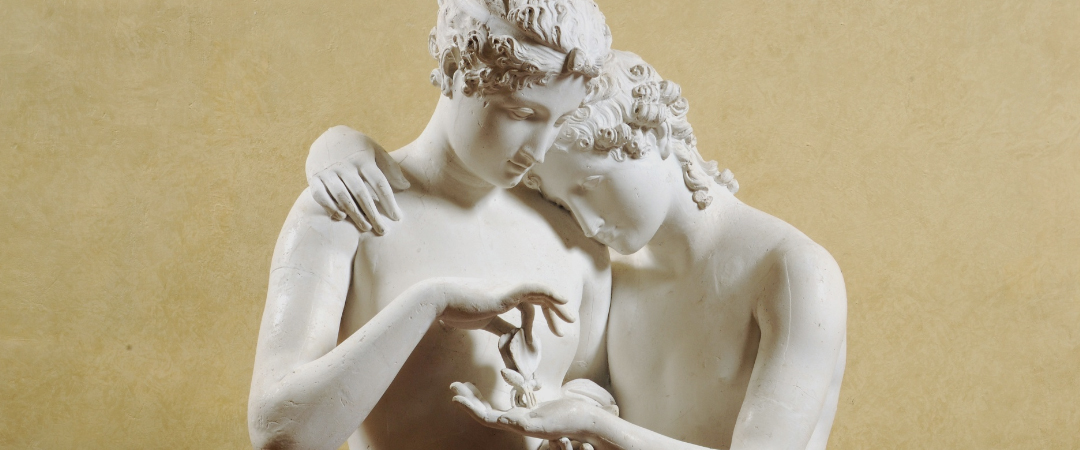
Ancient Greeks Defined Love in Different Terms
With Aphrodite, the goddess of love, beauty and pleasure, and Eros, the god of sexual attraction, the ancient Greeks considered themselves quite the experts on love. One only has to view the soaring columns of temple ruins adorned with the most glorious statues of humans and gods to see the Greeks knew what they were talking about when it came to love, beauty, passion and romance. Of course, romantic love is only one way to express the feeling we call love. The ancient Greeks understood this as well, and had eight different words to describe the various kinds of love we experience.
Eros
Named after Eros, the god of sexual attraction, fertility and procreation, this kind of love is governed by sexual passion and desire. As tantalizing as it is, ancient Greeks understood the nature of eros as a fire that burns out quickly, and that sustaining it over time required coupling it with another kind of love.

Philia
This is the love we experience with our friends, an affectionate love without physical attraction. It’s the loyalty and appreciation we feel for each other because of what we’ve experienced together. Aristotle called it “dispassionate, virtuous love” because it was free from the entanglements of sexual passion. Plato believed physical attraction was not a necessary part of love, which is where the word platonic arises from that means “without physical attraction”. This is the love we feel for teammates and where our desire to sacrifice for our clan or group comes from.
Storge
The special bond of kinship we feel with our family is known as storge. It’s the organic form of affection parents feel for their children and vice versa. It’s also used to describe the sense of kinship childhood friends experience when they come back together as adults and reminisce.
Ludus
While it contains some eros, ludus is the playful, teasing kind of love usually experienced between young lovers. Ludus is often accompanied by the traditional sensations of a fluttering heart and sense of euphoria.

Mania
When love turns to obsession, it becomes mania. This obsessive kind of love was thought to occur when there was an imbalance between eros and ludus. We’ve all seen mania played out in countless Hollywood stalker films.
Pragma
Symbolized by aged love or love that has matured over time, pragma transcends the physical. It’s the kind of love experienced by spouses who have been married for many decades where so much no longer needs said because it’s simply understood by both parties, as they really have become part of each other. It’s the sense of feeling comfort, protection and peace in the other’s presence without doing anything specific or even speaking.

Philautia
To care for others properly, we have to know how to care for ourselves first. The Greeks understood this, which is why they called self-love, philautia. Aristotle knew the relationship to oneself was the core of all other relationships when he said, “All friendly feelings for others are an extension of a man’s feelings for himself.”
Agape
The highest form of love and spiritual in nature, agape is described as unconditional selfless love. This is the all-encompassing love we feel when we contemplate spiritual things or meditate. This is the love that is independent of changing conditions or expectations and is steeped in forgiveness and working toward higher principles and the greater good.
JOIN THE MOVEMENT
Subscribe to our newsletter and receive inspirational stories delivered to your inbox that spread love, updates on our movement, and notifications on upcoming deals & events.
